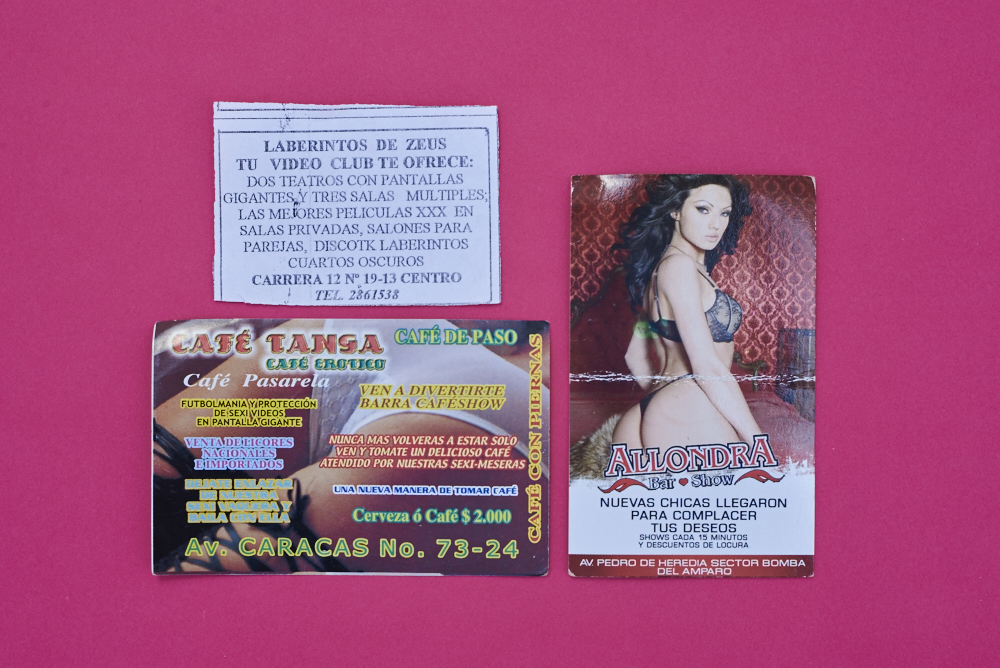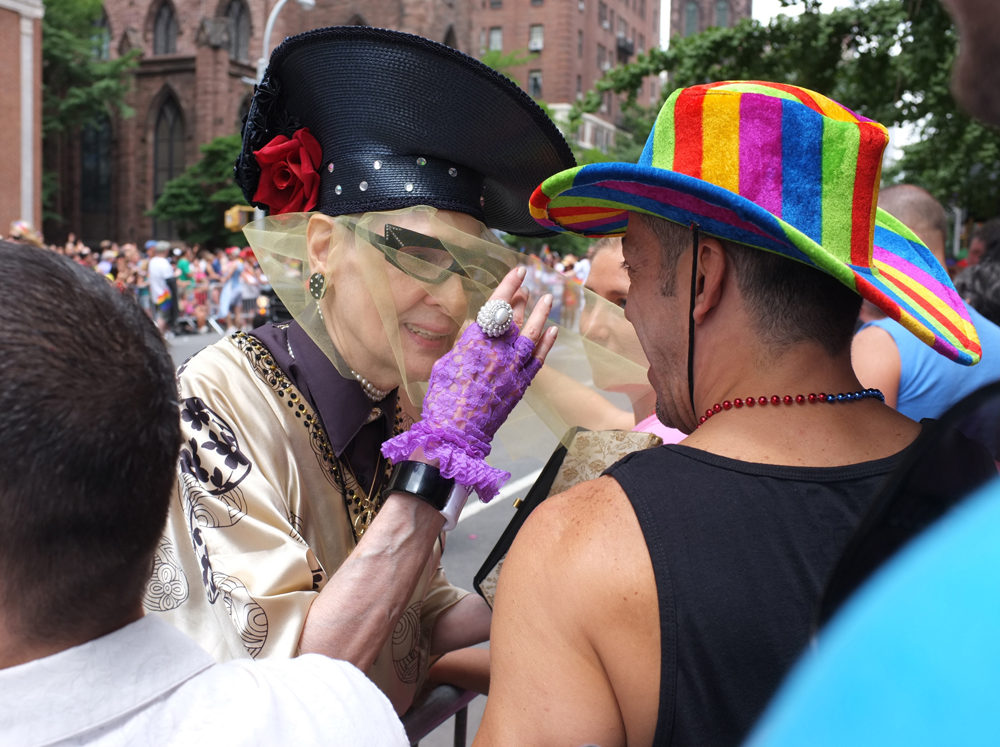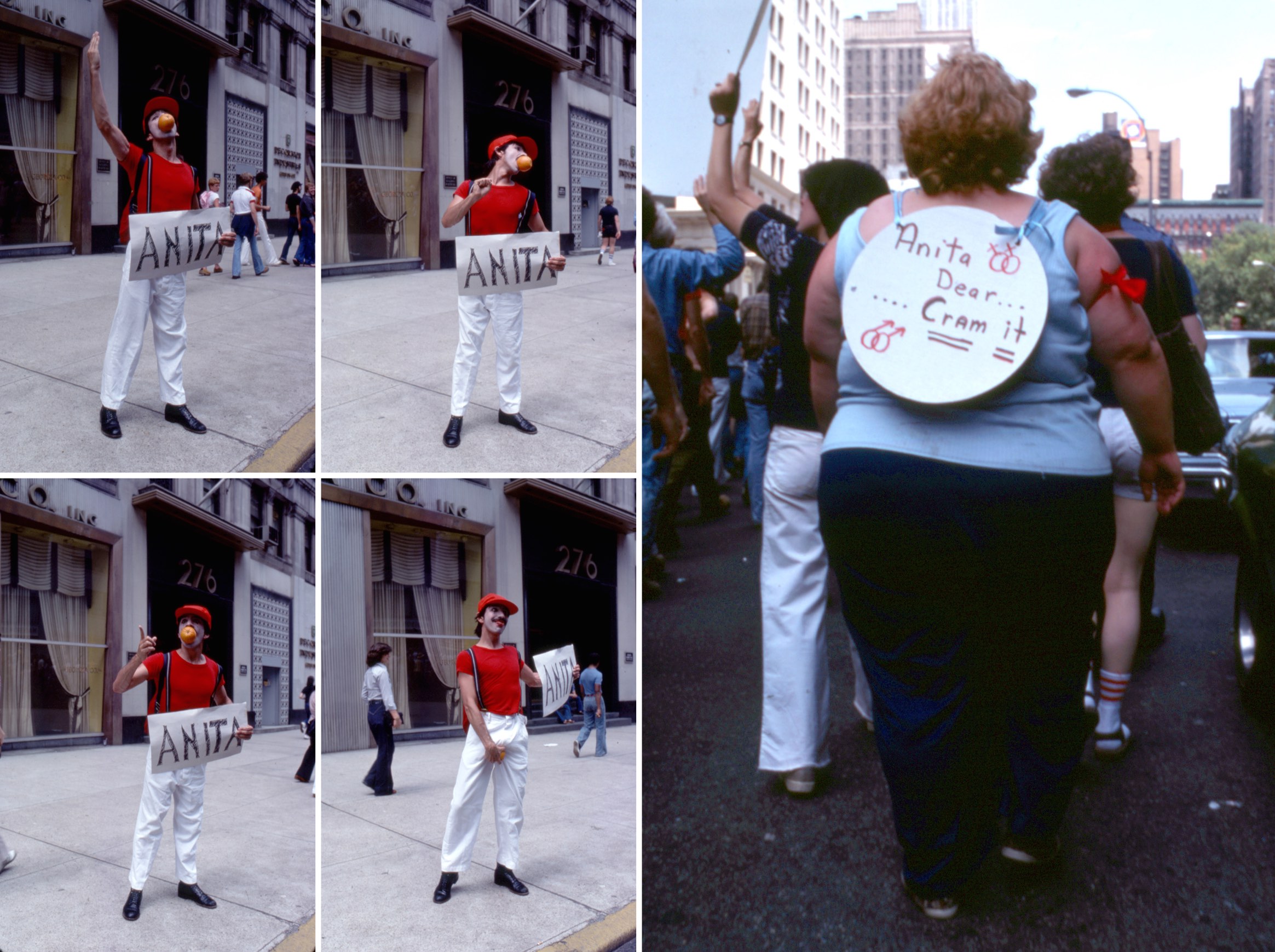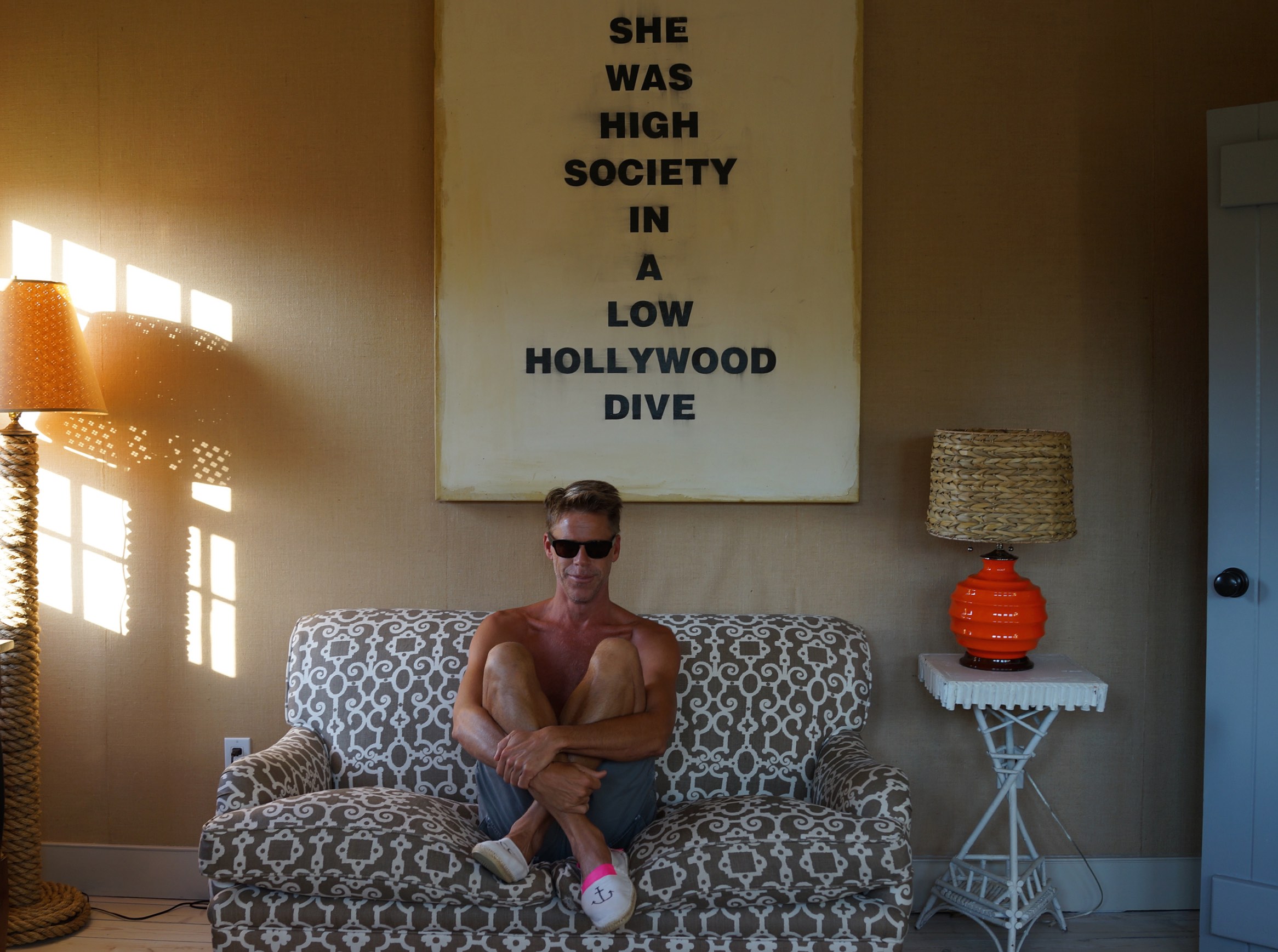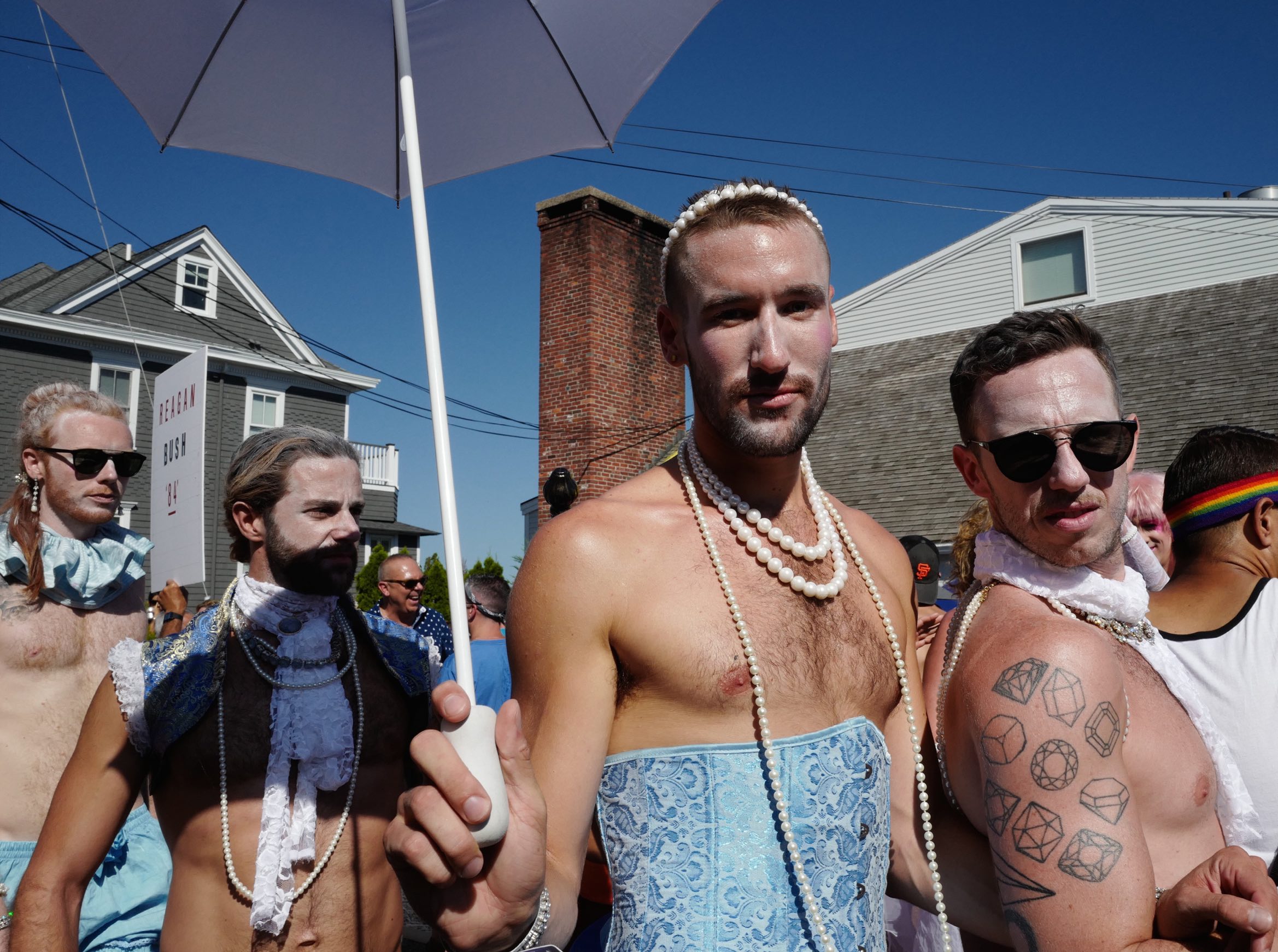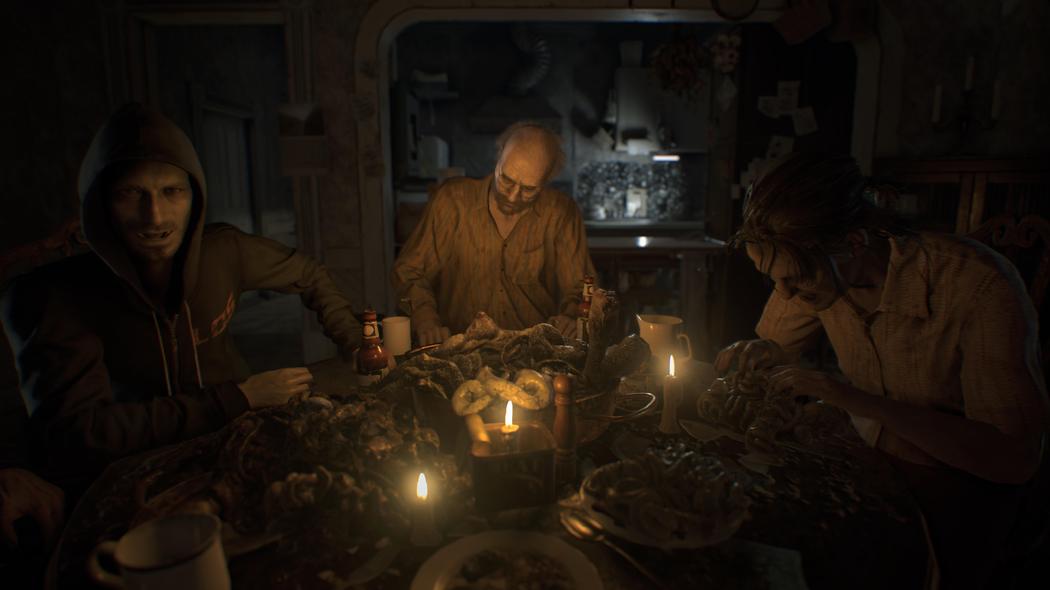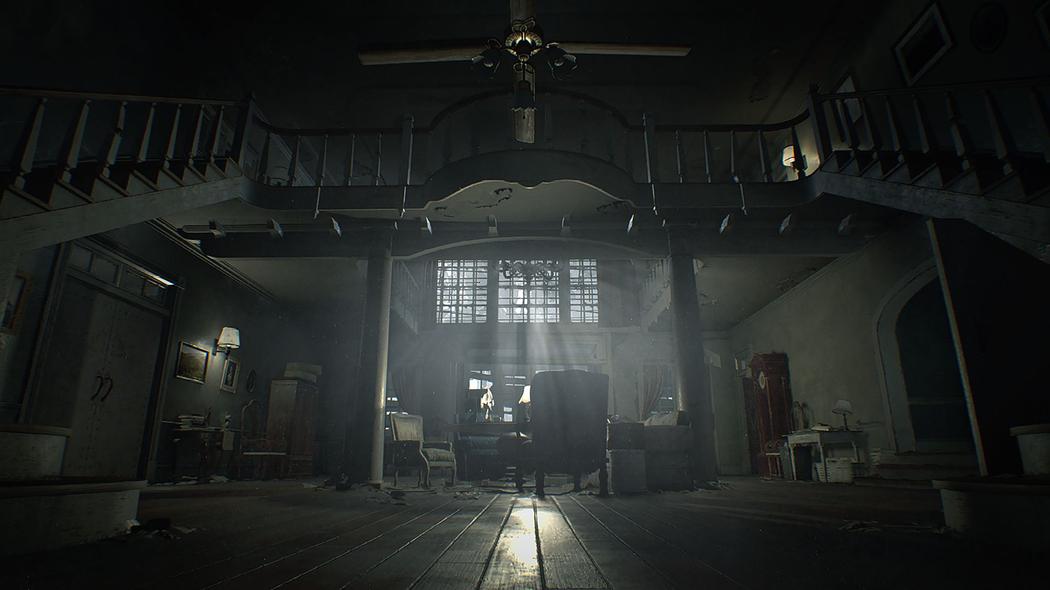Este artículo se actualizará continuamente a lo largo de 2017 a medida que el presidente Donald Trump firme órdenes ejecutivas y convierta facturas en leyes . Lee más sobre este proyecto aquí.
25 de enero
Orden Ejecutiva 7: la mejora de la seguridad fronteriza (incluyendo el avance en la construcción de una gran barrera física en la frontera sur)
Lo que hará: sí, este es el famoso muro. Como algunos han especulado durante un tiempo, la administración de Trump parece estar diciendo que la Ley de la Cerca Segura de 2006 le da al Departamento de Seguridad Nacional la autoridad para construir cualquier infraestructura que considere necesaria para controlar las fronteras. Aunque Trump necesitará la aprobación del Congreso para financiar completamente el proyecto, que costará entre $8 y $25 mil millones de dólares, la orden exige a las autoridades pertinentes que evalúen qué créditos existentes pueden ser desviados al proyecto tan pronto como sea posible. Esto también aumenta la dotación de personal de las autoridades de control fronterizo, termina con la política de "captura y liberación" de Bush y Obama en favor de una persecución más agresiva y generalizada y prevé la construcción de más centros de detención. Trump prometió políticas más draconianas sobre la inmigración indocumentada; pues aquí están.
A quién afectará: cuando comience la construcción del muro, podrían surgir algunos empleos de construcción. Pero los efectos que tendrá en las comunidades fronterizas serán mucho más duraderos que eso, los terratenientes podrían tener sus propiedades incautadas mediante un dominio eminente, los hábitats de la vida silvestre podrían ser destruidos y, por supuesto, probablemente se intensifique la venta de escaleras. Agregar más oficiales fronterizos probablemente significará más deportaciones de inmigrantes indocumentados; queda por ver qué pasará con los tribunales de inmigración sobrecargados y subfinanciados por Estados Unidos.
Para más información: ve el informe de VICE News sobre la ineficacia del muro fronterizo existente.
Orden Ejecutiva 8: la habilitación de la Seguridad Pública en el interior de los Estados Unidos
Lo que hará: aunque el texto completo de esta orden no estuvo disponible de inmediato, las declaraciones oficiales indican que esto instruirá a las autoridades pertinentes a revisar los flujos de dinero federal que se mueven hacia las "ciudades santuarios", municipios que, en diferentes grados, no cooperan con los funcionarios de inmigración en sus esfuerzos de deportación y cómo estos fondos se pueden recortar en un intento de obligar el cumplimiento de las políticas federales de inmigración. También autorizará una aplicación más vigorosa de la política de inmigración en el interior de la nación, no sólo en la frontera, incluyendo la creación de una oficina para la defensa de las víctimas de los crímenes cometidos por inmigrantes indocumentados. Al parecer, la orden también amenaza con negar visas a las naciones que no aceptan fácilmente a sus ciudadanos cuando son deportados de Estados Unidos.
A quién afectará: como "ciudad santuario" es un término impreciso y parcialmente informal, no está claro qué criterios utilizará la administración de Trump o si cualquier flujo de fondos federales estará fuera de los límites de los recortes. Sin embargo, por lo menos 165 jurisdicciones están en la mira; un informe calculó que simplemente Denver podría perder hasta $175 millones de dólares en fondos federales si no cumple. Las jurisdicciones individuales tendrán que decidir si renunciar al dinero federal o dejar que los federales deporten a los inmigrantes indocumentados, posiblemente rompiendo familias y perturbando a las comunidades. Algunos alcaldes de las ciudades liberales han jurado que sus ciudades seguirán siendo santuarios y han prometido ayudar a inmigrantes indocumentados. La mejora de la aplicación de la inmigración interna de manera más general probablemente también conducirá a un aumento en las deportaciones.
Para más información: lee acerca de cómo una pequeña ciudad en Iowa está ayudando a inmigrantes indocumentados
24 de enero
Orden Ejecutiva 2: avanzar en la construcción del oleoducto Keystone XL
Lo que hará: fue propuesta en 2008, se suponía que el oleoducto Keystone XL transportaría con más eficiencia cientos de miles de barriles de petróleo canadiense hacia Estados Unidos. En noviembre de 2015, el Departamento de Estado de John Kerry anuló el proyecto, ya que no conduciría a un aumento significativo de empleo o a una disminución de los costos del gas. Pero como muchos sospechan, Trump quiere traer a Keystone de vuelta. Esta orden invita a la compañía, TransCanada Corporation, a reenviar la solicitud del proyecto para su revisión e instruye al Departamento de Estado a revisarla rápidamente, según se informa, en el plazo de 60 días, en la medida de lo posible.
A quién afectará: suponiendo que la intención es aprobar Keystone, la orden es un beneficio para TransCanada, que ya ha visto un alza en el precio de las acciones. Los ecologistas probablemente se organizarán para bloquear el oleoducto, al igual que muchos terratenientes en Nebraska a los que no les gusta la idea de la tubería que invade sus patios traseros. El proyecto, si se construye, puede dar a unos pocos miles de personas trabajos de construcción a corto plazo, pero podría afectar negativamente al cambio climático.
Para más información: lee acerca de una reciente fuga en un oleoducto existente de TransCanada.
Orden Ejecutiva 3: avanzar en la construcción del oleoducto Dakota Access
Lo que hará: el oleoducto Dakota Access es el que se suponía que iba a atravesar la reserva de Rock Sioux Rota y fue resuelto por la resistencia masiva. Eventualmente, el Cuerpo de Ingenieros del Ejército decidió no otorgar el derecho a la compañía encargada del oleoducto, Energy Transfer Partners, y bloquearon el oleoducto. El cuerpo de ese entonces inició una revisión ambiental, para considerar rutas alternativas. La nueva orden de Trump les exige completar su revisión y aprobar una ruta para el oleoducto tan rápido como la ley lo permita.
A quién afectará: el Cuerpo de Ingenieros del Ejército tendrá que decidir cómo seguir estas instrucciones, pero los de Standing Rock Sioux ya se estaban preparando para bloquear el oleoducto nuevamente. Es probable que haya pleitos, protestas, y confrontaciones. (Incluso si la tubería se construye, probablemente tendrá un impacto insignificante en la creación de empleos, la seguridad energética y los costos de gas. Los residentes de Standing Rock están preocupados por que contaminen el agua de que dependen).
Para más información: lee acerca de los veteranos que acudieron a Standing Rock.
Orden Ejecutiva 4: promover el uso de materiales internos en la modernización o construcción de tuberías domésticas
Lo que hará: esto significa que, dentro de 180 días, el secretario de comercio tiene que desarrollar un plan para asegurarse de que los materiales internos se usen con la mayor frecuencia posible, el título lo dice todo. A corto plazo, es una muestra simbólica de la administración de Trump del apoyo a la producción estadounidense.
A quién afectará: Si el comercio puede llegar a un plan ejecutable y práctico, entonces esto es probablemente una buena noticia para los fabricantes de acero y otros productores de EE.UU. Aún así, el efecto en la industria de acero de Estados Unidos que se está desvaneciendo está supeditado a la materialización de proyectos del oleoducto.
Para más información: lee sobre los protectores de agua de Standing Rock.
Orden Ejecutiva 5: agilizar el proceso de revisión ambiental para proyectos de infraestructura de alta prioridad
Lo que hará: básicamente, Trump acaba de decirle a los responsables de revisar el impacto ambiental de los proyectos de infraestructura que se apuren tanto como puedan. Dado que el proceso actual está muy consagrado en la ley, no está claro cómo pueden acelerar las cosas los organismos involucrados. Es una señal del compromiso de la administración de Trump de disminuir lo que ve como regulaciones innecesarias y onerosas.
A quién afectará: por lo pronto la orden hará que algunos burócratas se escabullan. Hasta que decidan lo que pueden hacer, sin embargo, no habrá un impacto más grande.
Orden Ejecutiva 6: agilizar el proceso de permiso y revisión para proyectos de producción interna
Lo que hará: es similar a la última orden, cuando se trata de dar a la gente una respuesta sobre si pueden abrir nuevos caminos o no, Trump sólo le dice a la gente que se apure a revisar los proyectos más extensos, en la medida en que la ley lo permita. En gran parte es lo mismo que la orden anterior, y tiene los mismos efectos.
23 de enero
Actualización: los siguientes puntos fueron inicialmente reportados por algunos canales como órdenes ejecutivas, pero están enlistados como memorandos en el sitio web de la Casa Blanca. Este artículo fue editado para reflejar eso.
Memorando Presidencial 4: respecto a la salida de Estados Unidos del Acuerdo Transpacífico de Cooperación Económica
Lo que hará: puesto que el TPP aún no estaba en vigor y era poco probable que fuera ratificado por el Congreso, en términos prácticos, esto no es nada. Sin embargo, esto anula oficialmente un acuerdo de libre comercio que ha estado en obra durante la mayor parte de una década entre los EE.UU. y otras 11 economías importantes a lo largo de la cuenca del Pacífico. (Dada la oposición en general al trato, y el fracaso de la campaña de Hillary Clinton en contra de este, incluso si Trump no estuviera a cargo, el TPP probablemente habría sido anulado).
A quién afectará: a corto plazo, ya que el TPP no estaba en vigor, esto no afecta a nadie. Los opositores de la TPP argumentaron que anular el acuerdo ayudará a conservar los empleos en Estados Unidos a largo plazo manteniendo de forma permanente las barreras económicas internacionales a la deslocalización, mientras que los defensores dijeron que los trabajos perdidos podrían haberse compensado con la creación de nuevos empleos en Estados Unidos por el acuerdo. También existe el argumento de que anular el TPP le dará a China, que estaba fuera del acuerdo, la libertad de dominar y escribir las reglas para el futuro del comercio regional. Dado que los acuerdos comerciales son increíblemente complejos, este involucra miles de disposiciones, y por lo general no revelan todas las consecuencias hasta años después de su promulgación, el efecto interno de anular el acuerdo seguirá siendo poco claro.
Para más información: Lee la perspectiva de un activista de la libertad de internet sobre por qué la anulación de TPP fue algo bueno.
Memorando Presidencial 3: respecto a la suspensión de contrataciones federales
Esta acción ejecutiva impone una suspensión indefinida sobre la contratación de nuevos empleados en agencias federales, excepto aquellos involucrados en funciones de seguridad nacional.
A quién afectará: si tenías puestas tus esperanzas en un trabajo con el gobierno federal o estabas en el proceso de ser contratado para un puesto, esto te afecta directamente a ti.
Para más información: lee algunas de las promesas que hizo Trump durante la campaña.
Memorando Presidencial 2: respecto a la restitución de la política de la "Ciudad de México"
Lo que hará: la política de la Ciudad de México, conocida entre algunas comunidades pro-elección como la Regla Global Gag, prohíbe las organizaciones no gubernamentales fuera de América que reciben financiamiento federal de los Estados Unidos a través de programas de ayuda ofreciendo abortos o incluso hablando con mujeres o legisladores sobre abortos. Esta prohibición estricta se aplica incluso a las organizaciones que no utilizan la financiación estadounidense que reciben para llevar a cabo actividades relacionadas con el aborto. Primero promulgada por Reagan en 1984 en una conferencia en la Ciudad de México (de ahí el nombre), esta política ha sido suprimida por todos los demócratas y restaurada por cada republicano después de que la Casa Blanca cambie de manos.
A quién afectará: esto no se aplica a las organizaciones dentro de las fronteras estadounidenses, pero obliga a algunos grupos a cambiar la forma en que operan en el extranjero o simplemente a rechazar fondos de los Estados Unidos. Estudios anteriores del MCP/GGR han indicado que la regla a menudo resulta en una disminución general del acceso a la atención médica de las mujeres en las naciones que reciben ayuda de los Estados Unidos. También ha aumentado históricamente el número de abortos cada vez más inseguros en el África subsahariana, y también puede tener un efecto paralizador en el discurso público sobre el aborto en otras naciones.
Para más información: lee acerca de cómo algunas mujeres se están preparando para luchar contra el programa contra el aborto de Trump.
20 de enero
Orden Ejecutiva 1: minimizar la carga económica de la Ley de Protección al Paciente y Asistencia Asequible pendiente de revocación
Lo que hará: la primera orden ejecutiva de Trump fue un movimiento valiente para pasarle por encima al Obamacare de manera general. La orden incita a todas las agencias federales importantes a "renunciar, aplazar, conceder exenciones o retrasar" la aplicación de las reglas clave bajo su jurisdicción relacionadas con la Ley de Protección al Paciente y Asistencia Asequible que dichas agencias creen que imponen cargas financieras o reglamentarias a ellos o a los individuos.
A quién le afectará: la orden está vagamente redactada, y muchos de los requisitos de Obamacare están escritos en la ley, lo cual un presidente no puede simplemente cambiar a voluntad. Pero esto podría afectar la estabilidad de los mercados de seguros.
Para más información: lee sobre cómo te podría afectar la desaparición del Obamacare.
Proyecto de ley del Senado 81: un proyecto de ley para hacer una excepción a la limitación contra el nombramiento de personas como Secretario de Defensa dentro de los siete años de la exención del servicio activo como oficial comisionado regular de las Fuerzas Armadas.
Para más información: ve el video de VICE News Tonight sobre la nominación de Mattis.
Proclamación 1: declarar un día Nacional de Patriotismo
Lo que hará: aunque el Congreso tiene que aprobar un proyecto de ley para crear una nueva festividad federal, el presidente puede proclamar unilateralmente un día especial por cualquier motivo, el año pasado, Barack Obama declaró varios días de oración y recuerdo en honor del 15 Aniversario del 11 de septiembre. Actualización: cuando Trump hizo esta proclamación, no estaba claro cuándo sería el día pero resulta que fue el 20 de enero, así que ya te lo perdiste.
A quién afectará: no conseguirás un día libre de trabajo, pero si quieres puedes ser muy patriótico este día.
Para más información: lee sobre las primeras horas de la firma de documentos de Trump.
Memorando Presidencial 1: con respecto a los procesos regulatorios para los Jefes de Departamentos y Agencias Ejecutivas
Lo que hará: esta acción, comunicada en un memorando del Jefe de Gabinete Reince Priebus de la Casa Blanca, requiere que todas las nuevas reglas y regulaciones de la agencia sean presentadas a la persona nombrada de Trump que ahora encabeza la agencia o departamento al que pertenecen para su revisión.
A quién afectará: este es un asunto bastante rutinario, el gobierno de Obama hizo algo similar en 2009. Actualización: los informes iniciales indican que las agencias federales han respondido a esta orden de una manera extensa y cautelosa, quizás alargando o suspendiendo más regulaciones de las que necesitan.



